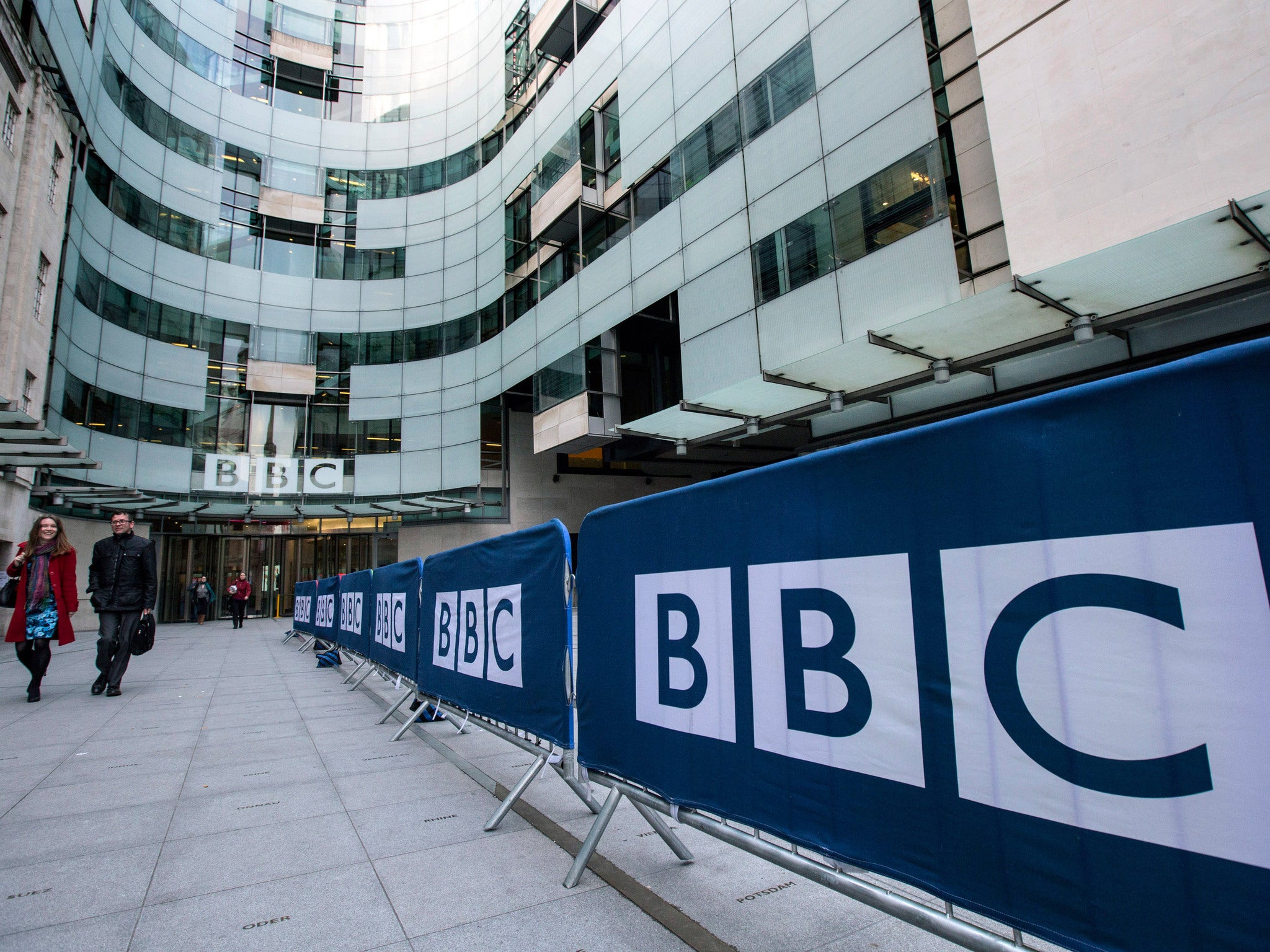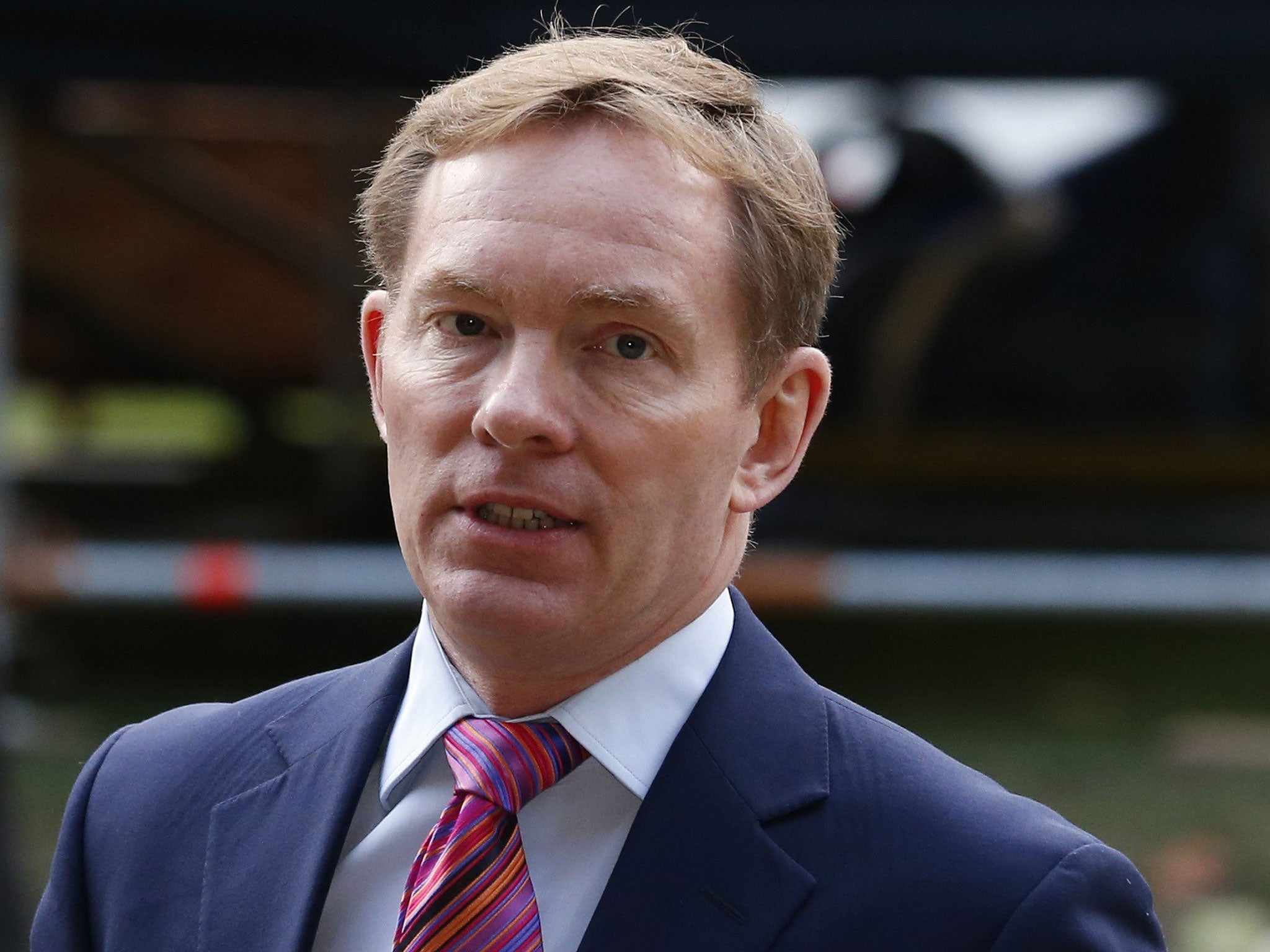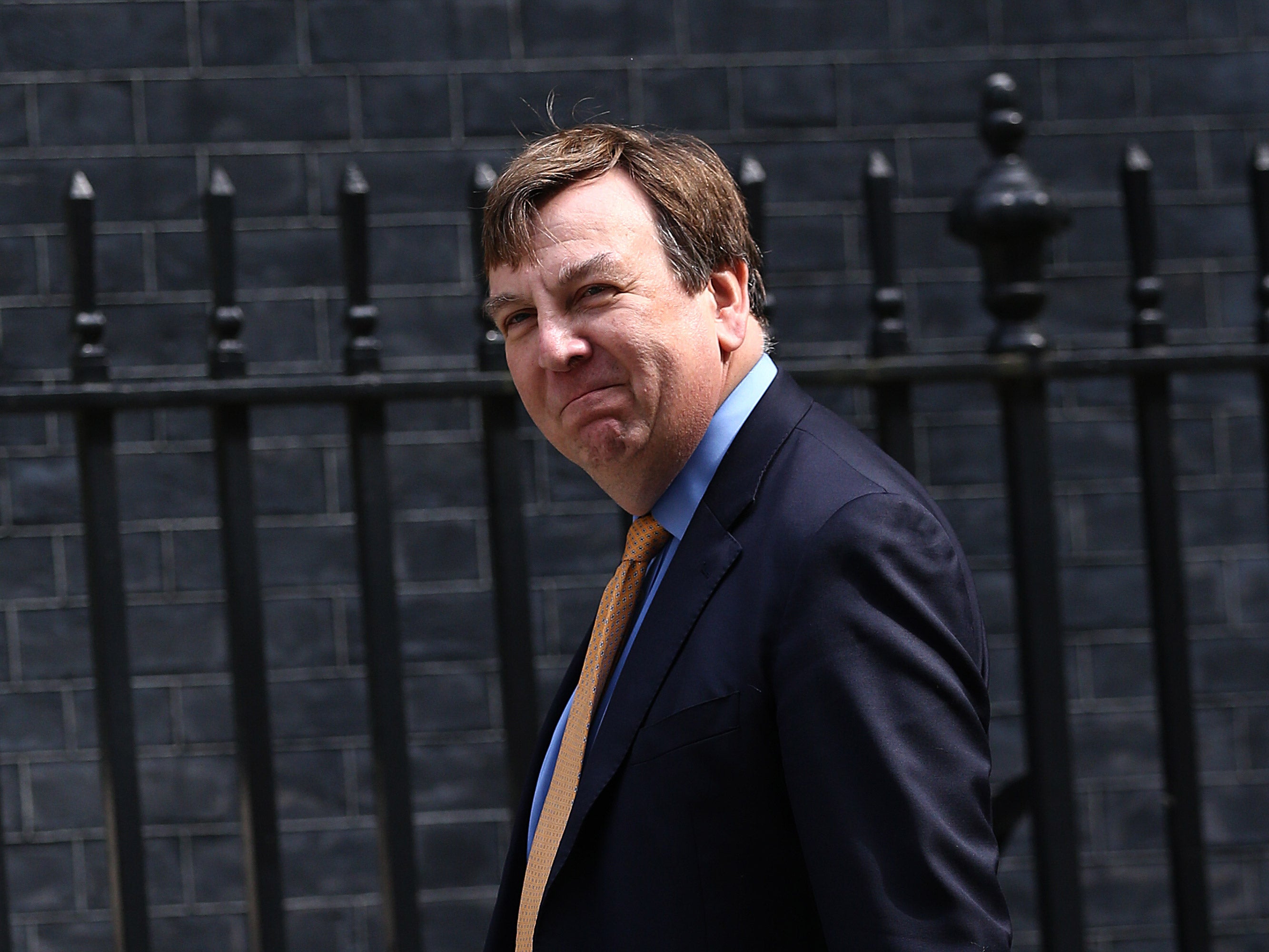BBC Radio 1 and 2 under threat of closure under Tory plans, Labour warns
'Radio 1, Radio 2, these are the most popular radio stations in Europe. Why on earth are you considering closing them down?' Chris Bryant asked

Your support helps us to tell the story
From reproductive rights to climate change to Big Tech, The Independent is on the ground when the story is developing. Whether it's investigating the financials of Elon Musk's pro-Trump PAC or producing our latest documentary, 'The A Word', which shines a light on the American women fighting for reproductive rights, we know how important it is to parse out the facts from the messaging.
At such a critical moment in US history, we need reporters on the ground. Your donation allows us to keep sending journalists to speak to both sides of the story.
The Independent is trusted by Americans across the entire political spectrum. And unlike many other quality news outlets, we choose not to lock Americans out of our reporting and analysis with paywalls. We believe quality journalism should be available to everyone, paid for by those who can afford it.
Your support makes all the difference.The Culture Secretary has insisted there is “no proposal” to shut down two of the UK’s most popular radio stations as part of a government review into the BBC.
John Whittingdale told MPs they had to question whether the national broadcaster should be “all things to all people” or switch to a “more precisely targeted mission” as it continues to lose revenue from the licence fee.
Labour’s Chris Bryant reacted by calling the BBC “our cultural NHS” and a “beacon of accuracy and impartiality around the world” in a heated Commons debate.

“It's not just part of the national furniture, it's our greatest cultural institution,” the shadow Culture Secretary said.
“It's a miracle of constitutional engineering - independent of Government yet funded by the public.
"It's the cornerstone of our creative industries, earning respect and money for Britain and British values."
After Mr Bryant slammed any suggestion the BBC should close Radio 1 or Radio 2, Mr Whittingdale refuted claims they could be axed.
He said: "I certainly think there is a very strong role for BBC Radio providing a different type of genre or opportunity, perhaps for unsigned bands, who would not have that opportunity in the commercial sector.
“Radio 1 certainly plays a very valuable role in fulfilling that objective.
“There is no proposal to close Radio One or Radio Two. All of these things are part of the wider debate about the BBC's place in the broadcasting landscape.”

A BBC Trust review had found a “sizeable crossover” between audiences for the two stations and steps have been taken to try to stop their content overlapping.
Mr Whittingdale was launching a green paper setting out the terms of the review of the BBC’s Royal Charter, which will look at how it should be funded and regulated, what services it should provide and its impact on the commercial sector.
In a statement, the BBC said: “We believe that this green paper would appear to herald a much diminished, less popular, BBC. That would be bad for Britain and would not be the BBC that the public has known and loved for over 90 years.
"It is important that we hear what the public want. It should be for the public to decide whether programmes like Strictly or Bake Off, or stations like Radio 1 or 2, should continue.
"As the director-general said on Tuesday, the BBC is not owned by its staff or by politicians, it is owned by the public. They are our shareholders. They pay the licence fee. Their voice should be heard the loudest.”
The broadcaster said it believes the starting point for the debate should be asking how the BBC can “benefit Britain even more” and that it would present its own proposals for change in September.
A separate review into licence fee enforcement today found that evasion should not be decriminalised, as proposed by the Tories, and should be expanded to include iPlayer and other catch-up services.
Additional reporting by PA
Join our commenting forum
Join thought-provoking conversations, follow other Independent readers and see their replies
Comments